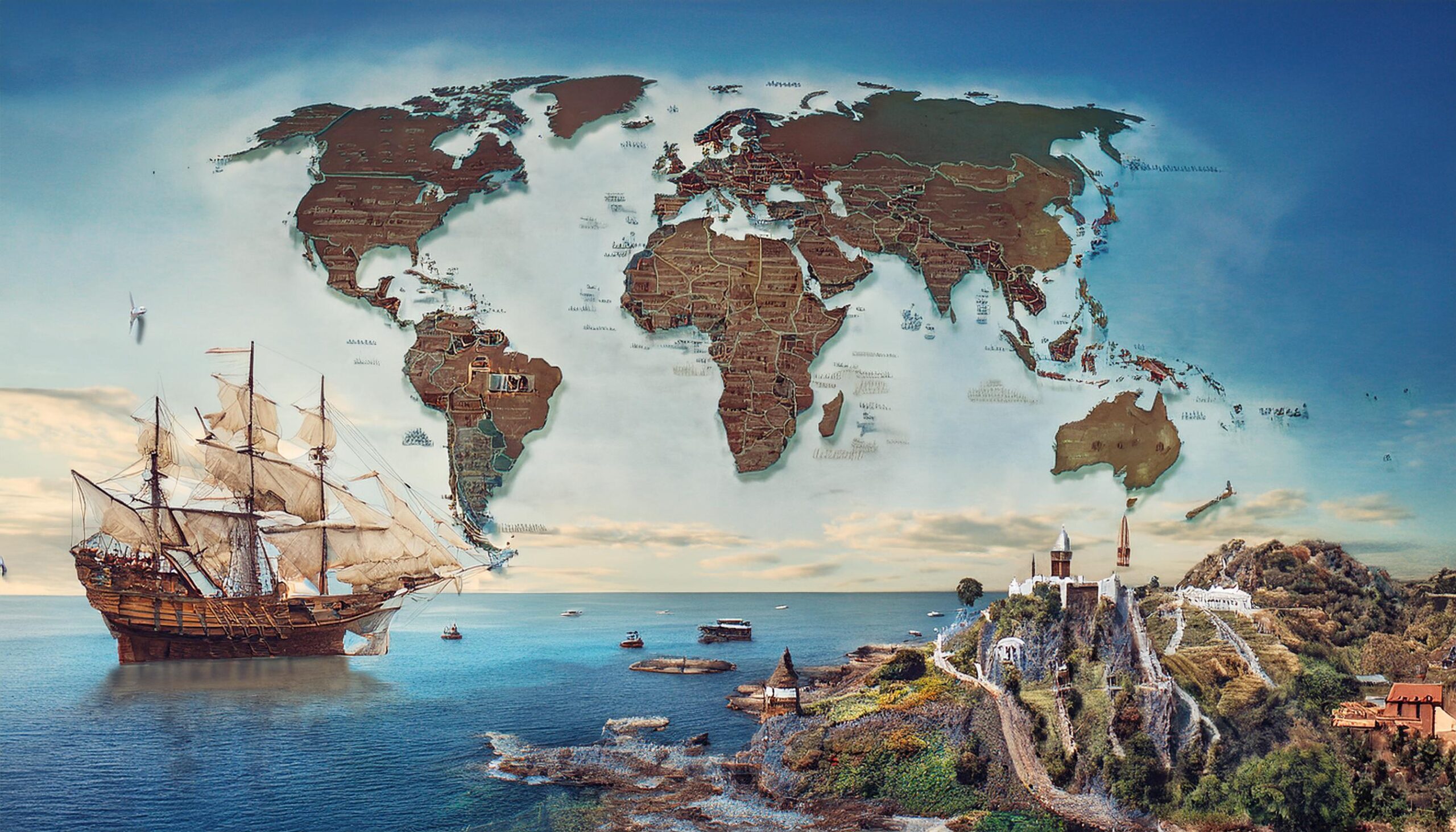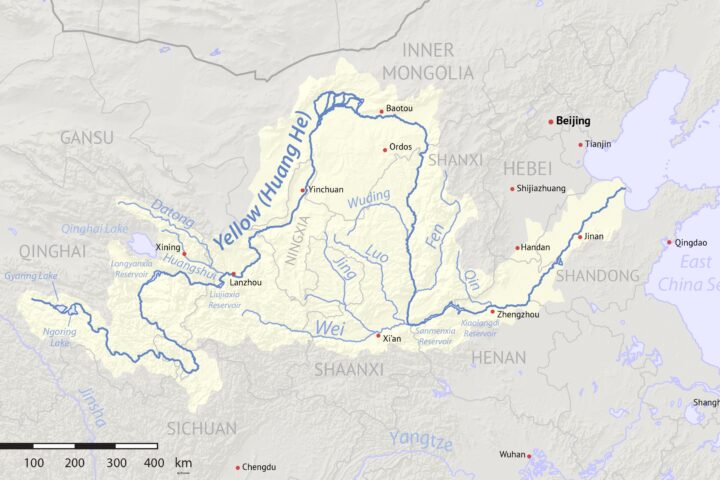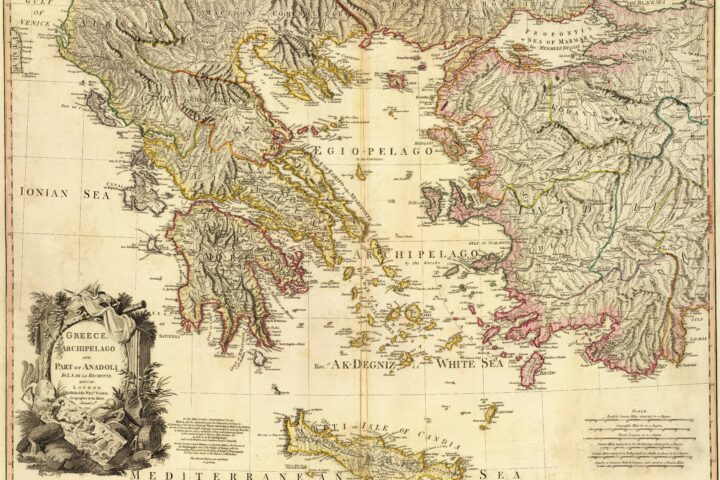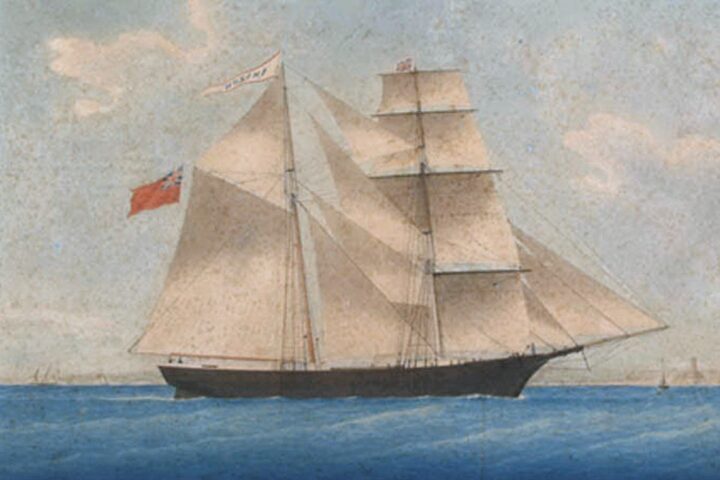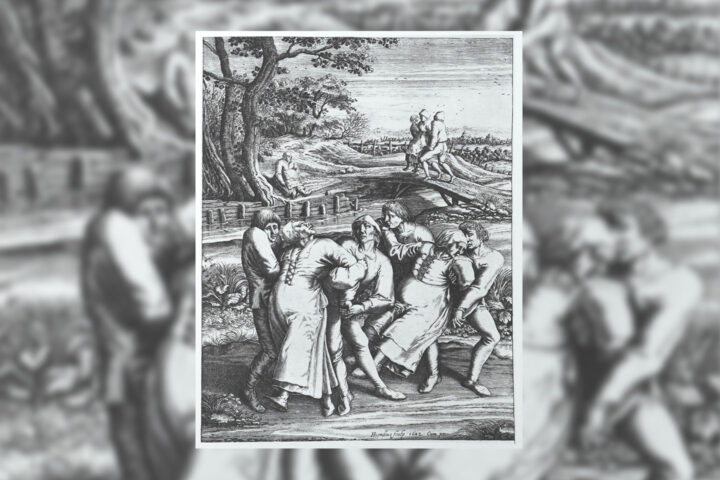Source: Firefly- A map of the world with major European colonial empires highlighted.
The annals of history are replete with tales of empires and conquests, but few have left as profound a mark as Western colonization. This era, spanning centuries, saw European powers extend their dominion across vast swathes of the globe, reshaping cultures, economies, and societies in their image. While often viewed through a lens of progress and civilization, the legacy of colonialism is complex and contested, leaving an enduring impact on the world we inhabit today.

Image source-https://www.nationalgeographic.com/culture/article/colonialism
The Age of Exploration and Conquest
The 15th century marked a turning point in human history as European nations, driven by a thirst for wealth, power, and knowledge, embarked on ambitious voyages of exploration. Portugal and Spain were the pioneers, their caravels venturing into the unknown. The discovery of new continents—Africa, Americas, and Asia—ignited a race for colonization among European powers.
The motivations behind colonization were multifaceted. Economic gain was a primary driver, with the exploitation of natural resources and the establishment of trade routes being paramount. The quest for military and political dominance also played a significant role, as European nations sought to expand their empires and compete for global supremacy.
Colonialism’s Enduring Legacy
Socially, colonization had a profound impact on indigenous populations. The imposition of European values, languages, and religions often led to the erosion of traditional cultures and identities. The forced migration of people, including the transatlantic slave trade, caused immense suffering and disrupted communities.
Politically, colonialism established hierarchical systems that favored the colonizers. Indigenous populations were often denied political representation and subjected to discriminatory laws. The legacy of these colonial power structures continues to shape political landscapes in many former colonies.
Decolonization and Its Aftermath
The mid-20th century witnessed a wave of decolonization as colonized nations fought for independence. While political liberation was achieved, the challenges of rebuilding and recovering from the colonial era persisted. Many former colonies continue to grapple with issues of poverty, inequality, and political instability.
The cultural impact of colonialism is also long-lasting. The imposition of European languages, education systems, and legal frameworks has created hybrid cultures that blend indigenous traditions with Western influences. This process of cultural adaptation has been complex and often fraught with tensions.

Source: Wikimedia- By Jan Huygen van Linschoten
A Complex and Contested Legacy
The legacy of Western colonization is a complex and contested issue. While it brought about technological advancements and global interconnectedness, it also inflicted immense suffering and exploitation. The consequences of colonialism continue to shape the world today, with implications for economic development, social justice, and international relations.
To fully understand the present, it is essential to acknowledge the past. By examining the history of colonialism, we can gain a deeper appreciation for the challenges faced by former colonies and work towards building a more equitable and just world.
From Conquest to Control: The Dynamics of Colonialism
Western colonialism was a complex interplay of economic, political, and cultural forces. While often romanticized as an era of exploration and discovery, its reality was far more brutal. European powers, fueled by a desire for wealth, resources, and territorial expansion, carved out vast empires across Africa, Asia, and the Americas.
The economic motivations were stark. Colonies were treated as sources of raw materials and captive markets for manufactured goods. The exploitation of resources, coupled with the imposition of unfair trade terms, led to the impoverishment of colonized nations. This economic exploitation laid the foundation for the global economic disparities that persist today.
Beyond economics, colonialism was also a tool of cultural domination. European languages, religions, and social structures were imposed upon indigenous populations, often leading to the erosion of traditional ways of life. This cultural imperialism left a lasting imprint on the psyche of colonized peoples, shaping their identity and self-perception.
The Human Cost of Colonialism
The human cost of colonialism is immeasurable. The forced migration of millions of Africans to the Americas as slaves is a stark reminder of the brutality of the system. Indigenous populations across the globe suffered genocide, displacement, and the destruction of their livelihoods.
The psychological trauma inflicted upon colonized peoples is often overlooked. The experience of subjugation and exploitation has had long-lasting effects on mental health and well-being. These intergenerational traumas continue to shape the lives of millions of people today.
The Road to Decolonization and Beyond
The mid-20th century witnessed a surge of anti-colonial movements, culminating in the independence of many former colonies. However, the challenges of decolonization were immense. Economic dependence, political instability, and social divisions plagued newly formed nations.
The legacy of colonialism continues to shape the global order. Economic disparities between the Global North and Global South, often rooted in colonial exploitation, persist. The migration of people from former colonies to former colonizing nations is a direct consequence of the imbalances created during the colonial era.
Addressing the legacy of colonialism requires a multifaceted approach. It involves acknowledging past wrongs, providing reparations, and promoting economic development and social justice in former colonies. It also necessitates challenging Eurocentric perspectives and fostering intercultural understanding.
A Call for Reconciliation and Reparations
The path to healing the wounds of colonialism is long and arduous. It requires truth-telling, reconciliation, and a commitment to justice. Former colonial powers must acknowledge their historical wrongs and take concrete steps to address the ongoing consequences.
Reparations, in various forms, can be a powerful tool for reconciliation. This could include financial compensation, technology transfer, and support for education and healthcare. While the concept of reparations is controversial, it is essential to recognize the moral imperative to redress past injustices. Ultimately, the legacy of colonialism is a complex and multifaceted issue. By understanding the past, we can work towards a more just and equitable future for all.
Colonialism’s Enduring Economic Legacy
The economic consequences of colonialism continue to reverberate through the global economy. The exploitation of resources and the imposition of unequal trade relationships created a stark divide between the colonizers and the colonized. This legacy is evident in the persistent wealth disparities between developed and developing nations.
The concept of the “resource curse” is often linked to former colonies. While rich in natural resources, many of these nations have struggled to translate their wealth into sustainable economic development. Factors such as corruption, weak governance, and a lack of infrastructure have hindered progress.
Moreover, the colonial emphasis on cash crops and extractive industries often led to a neglect of other sectors of the economy. This overreliance on commodities has made many former colonies vulnerable to price fluctuations in the global market.
Cultural Imperialism and Its Lasting Effects
Colonialism was not merely about economic exploitation; it was also a project of cultural domination. While some aspects of Western culture have been embraced, the legacy of cultural imperialism continues to shape societal attitudes and values. The devaluation of indigenous knowledge systems and practices has had a profound impact on communities around the world.
Efforts to decolonize education and promote cultural revitalization are gaining momentum, but the process is slow and challenging. Reconstructing cultural identities and reclaiming lost knowledge is a complex task that requires sustained commitment.
The Politics of Post-Colonialism
The political landscape of many former colonies remains deeply influenced by the colonial experience. Corruption, weak governance, and a lack of democratic institutions are persistent challenges in many post-colonial states. These issues can be traced back to the colonial era, when political power was concentrated in the hands of a small elite.
Building strong, inclusive, and democratic societies requires addressing the legacies of colonialism. This includes reforming political institutions, promoting good governance, and fostering civic engagement.
A Call for Global Justice
The consequences of colonialism are far-reaching and complex. While the era of formal empires has ended, the impact of colonialism continues to shape the world we live in today. To address the inequalities and injustices that persist, a global effort is needed.
This includes providing reparations to former colonies, investing in education and healthcare, and promoting fair trade practices. It also requires challenging Eurocentric perspectives and fostering intercultural dialogue.
The shadows cast by colonialism stretch far beyond the annals of history. Their imprint is evident in the economic disparities, cultural complexities, and political instabilities that persist globally. To truly dismantle these legacies requires a concerted effort to address the root causes of inequality, foster intercultural understanding, and promote economic justice. Only then can we hope to build a world free from the burdens of the past.
Sources:
- https://www.britannica.com/topic/Western-colonialism#:~:text=Western%20colonialism%2C%20a%20political%2Deconomic,large%20areas%20of%20the%20world.&text=The%20age%20of%20modern%20colonialism,and%20of%20America%20(1492).
- https://en.wikipedia.org/wiki/History_of_colonialism
- https://www.nationalgeographic.com/culture/article/colonialism

